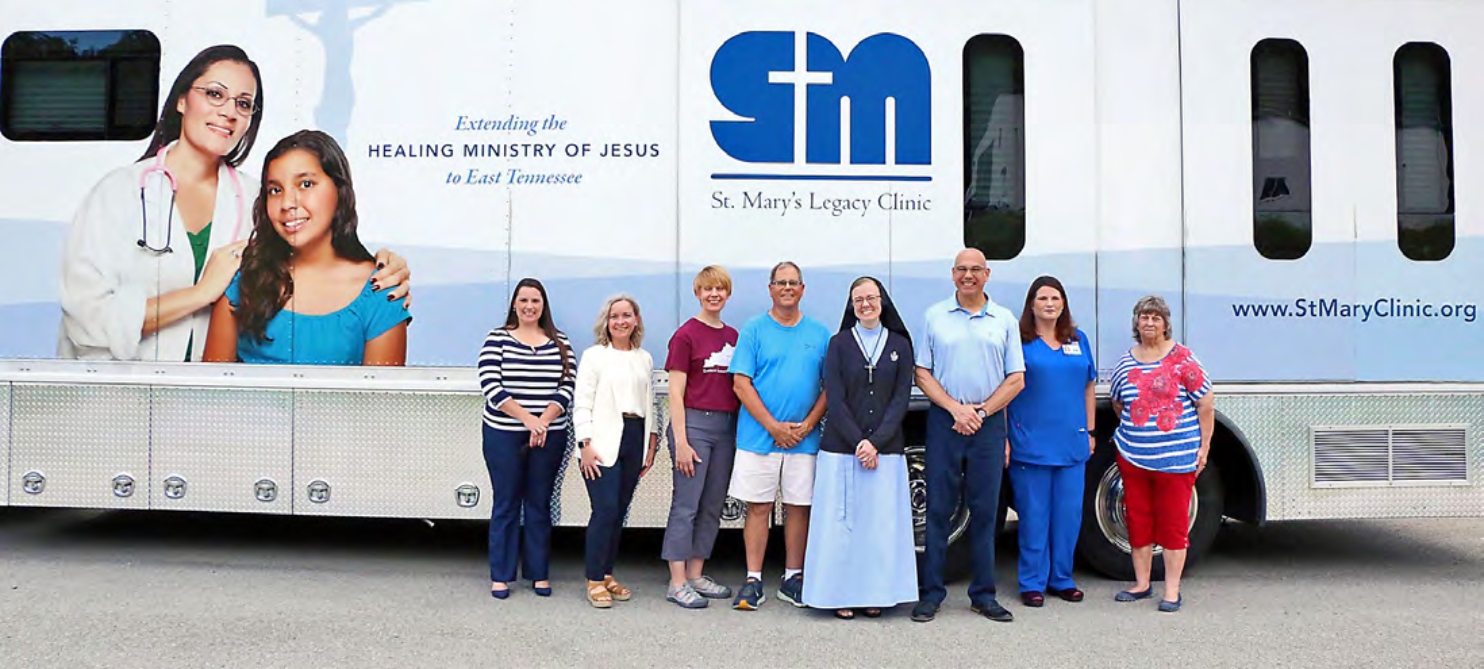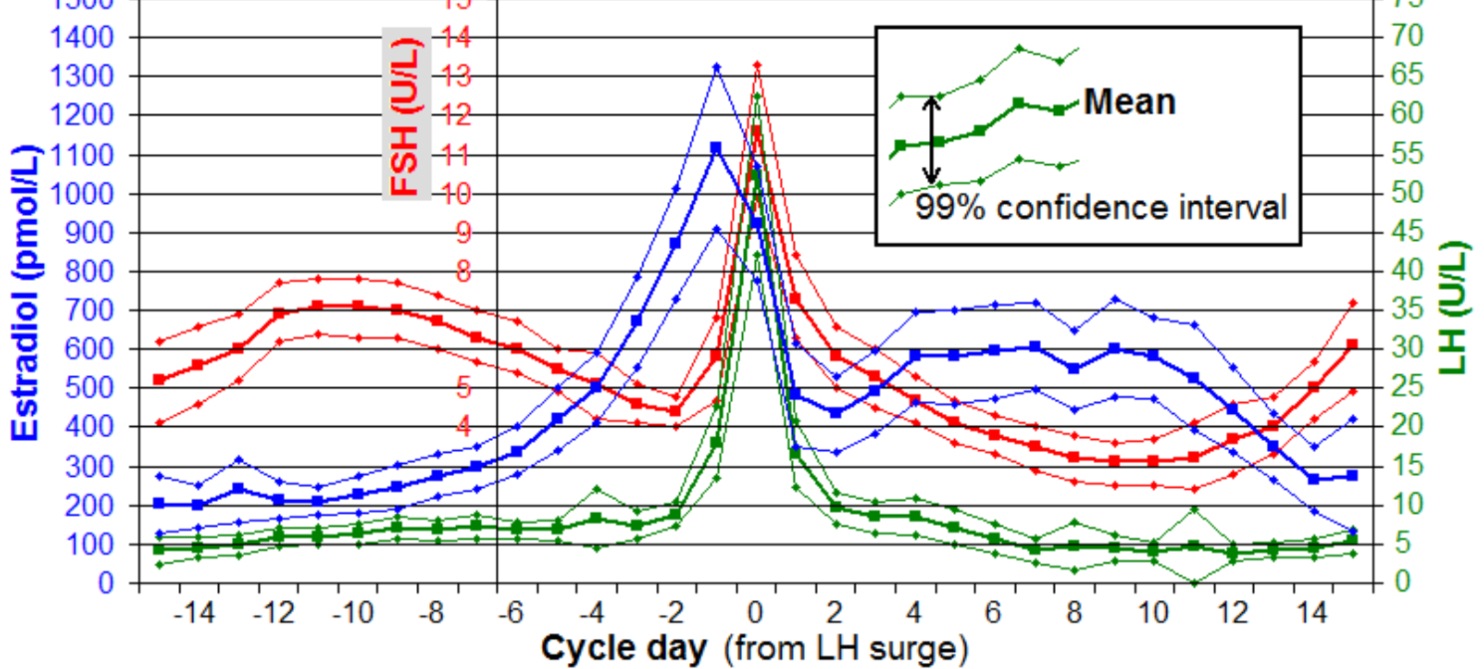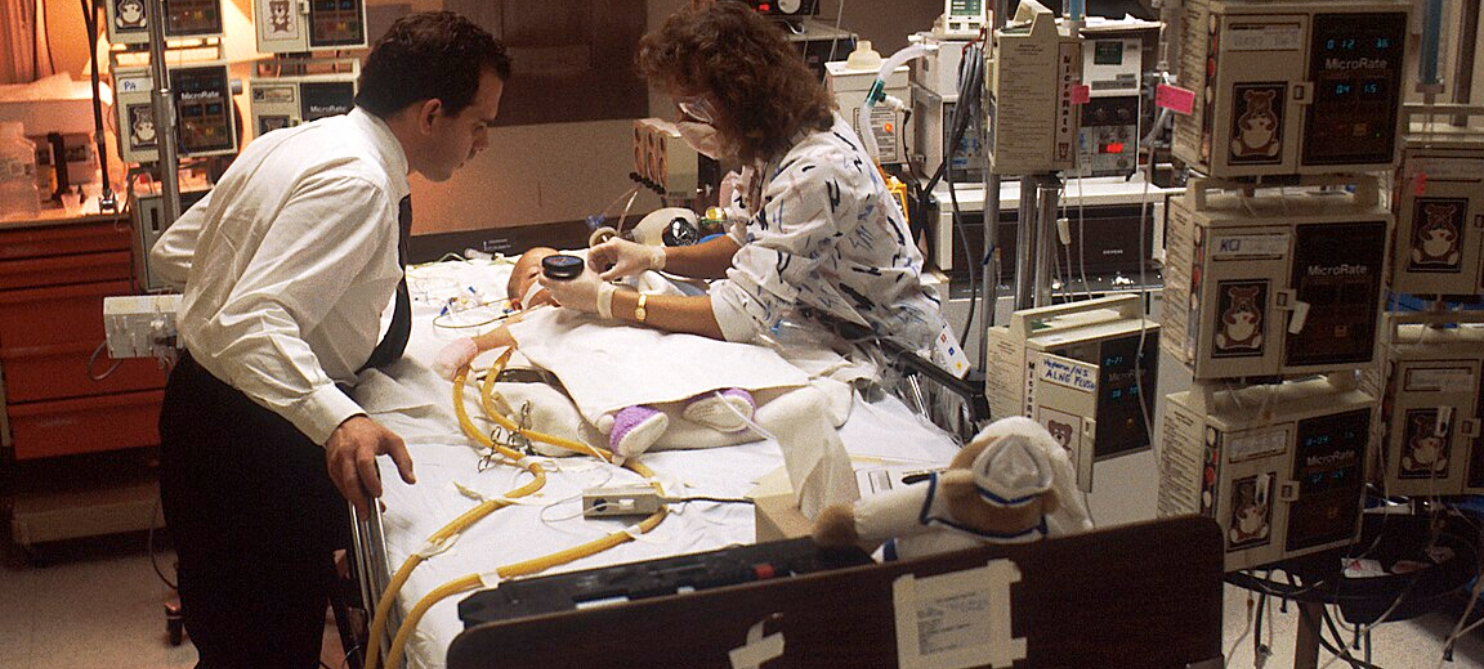March is sleep awareness month. Sleep is essential for good health and overall well-being, and disrupted sleep can have significant adverse effects. A common sleep disorder is Obstructive Sleep Apnea (OSA). Those affected by OSA have episodes of decreased breathing (hypopnea), or they can even stop breathing (apnea) when they sleep. They often wake up tired and have trouble staying awake during the day.
Untreated OSA is associated with many health problems, including:
Atrial fibrillation (abnormal heart rhythm)
Depression
Congestive heart failure
Stroke
Uncontrolled Hypertension
Coronary Artery Disease
Uncontrolled Diabetes Mellitus[i]
Those affected by OSA also report decreased overall quality of life as they are often tired during the day and never feel well rested. Some are at higher risk of OSA, including men and those who are overweight, and it most commonly occurs in those aged 40-70.
Some symptoms of OSA include morning headaches, forgetfulness, mood changes, daytime sleepiness, irritability, or waking up not feeling well rested[ii]. Others may also report noticing loud snoring or witnessing episodes when you stop breathing when you sleep. If you are experiencing one or more of these symptoms, ask your doctor about OSA to see if you would benefit from a sleep test to screen for this condition. Treating OSA can be life changing and can help prevent serious medical conditions.
You can read more about OSA in this article: https://familydoctor.org/condition/sleep-apnea/ and at this website: https://www.sleepapnea.org/learn/sleep-apnea/.
[i] Semelka, M., DO, Wilson, J., MD, & Floyd, R., MD. (2016). Diagnosis and Treatment of Obstructive Sleep Apnea in Adults. American Family Physician, 94(5), 355-360. Retrieved February 15, 2021, from https://www.aafp.org/afp/2016/0901/p355.html.
[ii] FamilyDoctor.org Staff (2019, September 13). Sleep Apnea. Retrieved February 15, 2021, from https://familydoctor.org/condition/sleep-apnea/
Posted March 12, 2021























